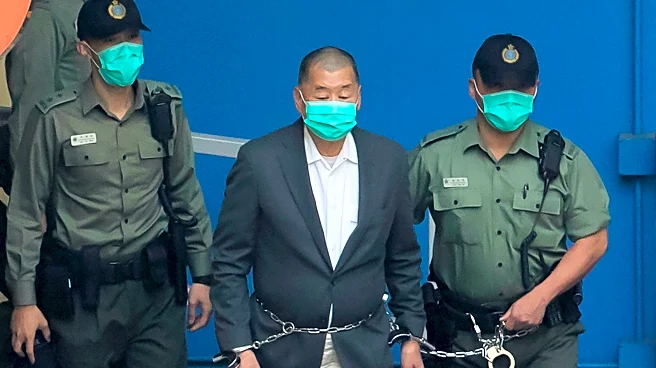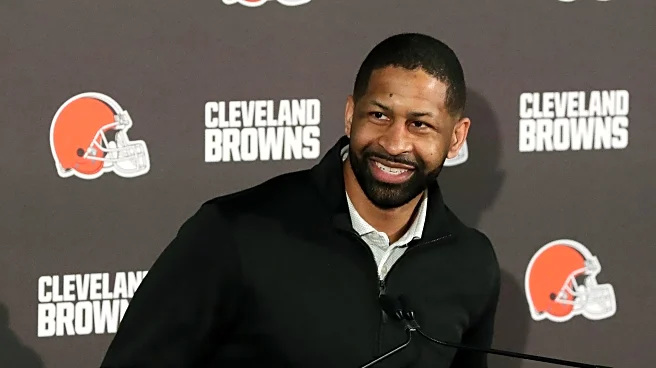Rapid Read • 8 min read
President Trump has signed an executive order aimed at increasing the availability of private assets in 401(k) and other workplace retirement plans. This move instructs the Department of Labor to reexamine its guidance to employers and plan administrators on incorporating alternative investments, such as real estate, cryptocurrencies, and private-market assets, into retirement plans. The order signals Trump's support for diversifying retirement portfolios with private equity, which traditionally attracts pension funds, insurance companies, and high-net-worth individuals. Financial advisors express concern that many 401(k) investors may lack the knowledge to manage these complex investments, which often come with higher fees and less liquidity compared to publicly traded assets.
AD
The inclusion of private assets in retirement plans could significantly impact the investment landscape for millions of American workers. Advocates argue that these assets offer diversification and potentially higher returns, benefiting long-term investors. However, the complexity and high fees associated with private equity investments pose risks, especially for unsophisticated investors. The Department of Labor's guidance could protect employers from lawsuits, reassuring plan advisers about including alternatives in retirement accounts. This development could reshape retirement planning, offering savers access to a broader array of investment types, but it also raises questions about the quality and transparency of private assets available to retirement investors.
Private equity firms are already introducing new products to penetrate defined contribution plans, with several 401(k) plan administrators making private assets available to participants. Empower, a major retirement service provider, plans to offer private investments, marking a pivotal moment in retirement planning evolution. The Department of Labor's forthcoming guidance will be crucial in determining how these investments are integrated into retirement plans and whether they meet fiduciary obligations. Financial advisors and plan sponsors will need to focus on educating investors about the risks and benefits of private assets to ensure informed decision-making.
The shift towards private assets in retirement plans could lead to long-term changes in investment strategies and financial education. Ethical considerations arise regarding the transparency and fairness of private equity deals offered to retirement investors. The move may also influence the broader financial market, as more capital flows into private equity, potentially affecting public market dynamics. The debate highlights the need for robust investor education and regulatory oversight to balance innovation with investor protection.
AD
More Stories You Might Enjoy













